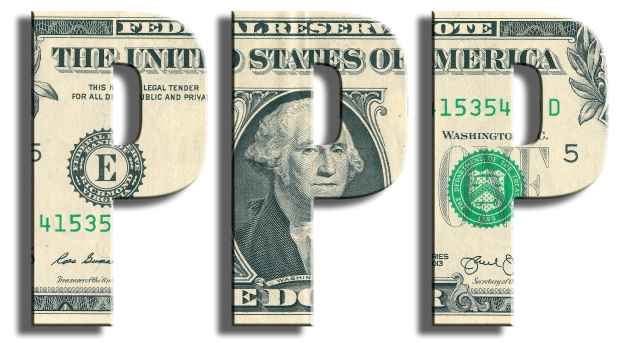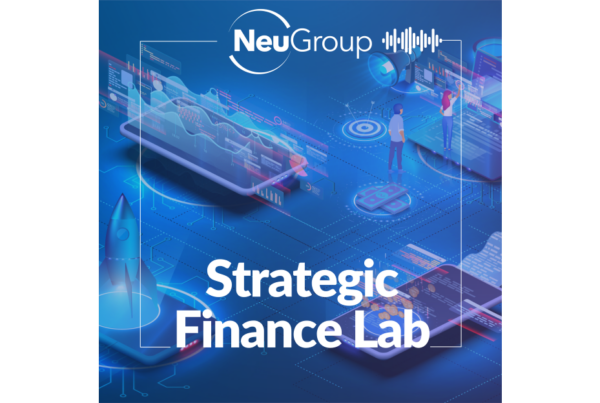
Delays in applications and action by Congress will affect banks’ NIM and NII forecasts.
Forget about forgiveness until early 2021. That, in a nutshell, was among the takeaways from a recent conversation between members of NeuGroup’s Bank Treasurers’ Peer Group.
- The forgiveness at issue is for loans that banks made under the federal government’s $669 billion Paycheck Protection Program (PPP), part of the CARES Act enacted to help small businesses struggling during the pandemic.
- The loans can be forgiven if companies used the money to maintain payrolls and meet certain other requirements.
- The Small Business Administration (SBA) opened a portal for forgiveness applications in August, but some borrowers and banks are waiting for Congress to take action on legislation to automatically convert the smallest loans into grants (see below).
Changing views. “We don’t think there will be any forgiveness until early next year,” one bank treasurer said, asking peers how their views had changed. His bank had originally expected half the amount of its PPP loans to be forgiven by year-end. “We’ve pushed everything into 2021.”
- Another treasurer said his bank has “dialed back” its initial projections for forgiveness in Q4 2020. Another member agreed, saying he expects to wait “weeks into 2021.”
Ripple effects. In a follow up, one of the treasurers described how delays by the SBA in forgiving PPP loans will affect banks.
- “These are low yielding assets (1% coupon), so holding these longer than anticipated is a negative to net interest margin (NIM).
- “Many banks were anticipating that the forgiveness program would be more efficient; there is a fee component to these loans that the SBA is paying to banks as the loans are forgiven. Currently, banks are accreting the total amount over the two-year maturity.
- “But if the loan is forgiven early, all of the remaining fee to accrete will accelerate to the forgiveness date. So this also has net interest income (NII) and NIM forecasting implications.”
- This poses potential problems preparing investor decks that include NIM and NII guidance used by CFOs and CEOs.
- “Since PPP loans are 0% risk-weighted, they do not affect regulatory ratios. They do however affect the TCE (tangible common equity/tangible assets) ratio. The longer the PPP loans stay on bank balance sheets, the longer this ratio will be depressed.”
Action by Congress? The member also noted that many banks had hoped Congress would “come together and automatically forgive all loans that were under $150,000. This would account for a majority of the loans that were granted. However, Congress doesn’t appear to be able to come together on any legislation at this time.”


